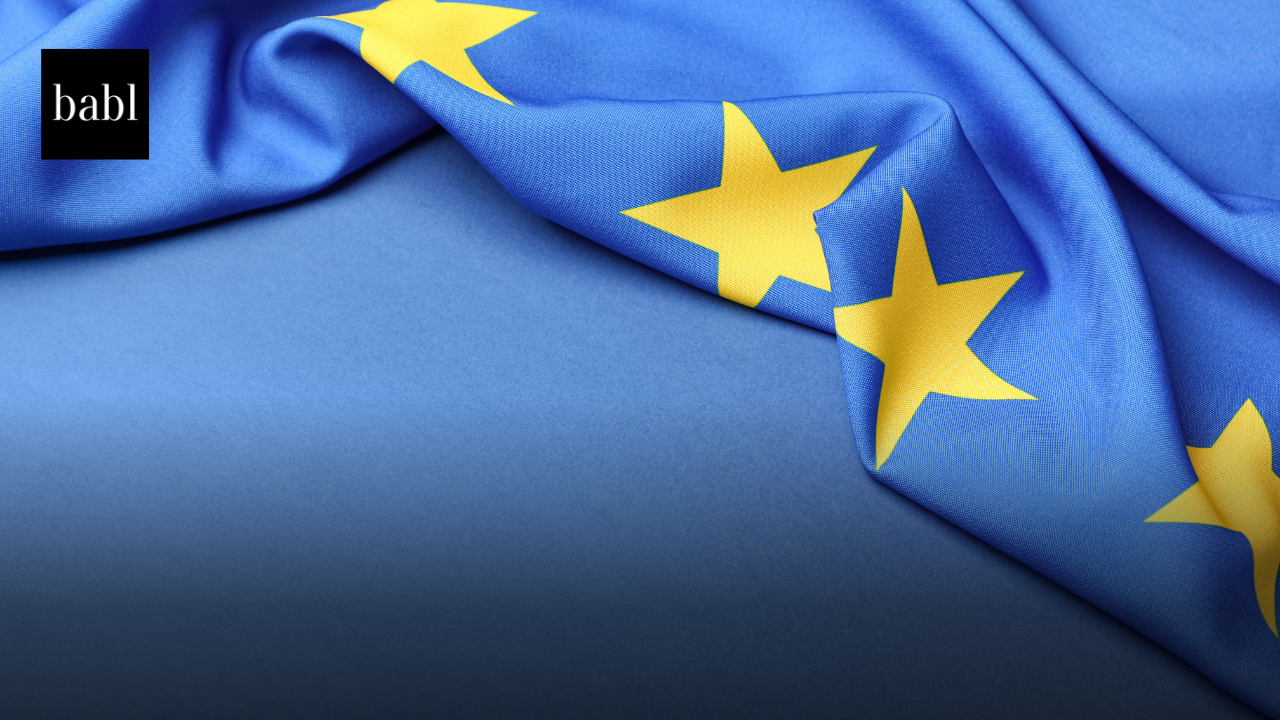UPDATE — OCTOBER 2025: Since the AI Action Summit in Paris (February 2025), a number of the priorities outlined there have moved forward at the global level. The Kigali AI Summit in September 2025 expanded on the Paris declaration by presenting preliminary frameworks to measure AI’s sustainability and social impact, with the African Union stepping into a more formal governance role. Around the same time, the UNESCO Global Forum on AI Ethics in Thailand produced a draft Global Ethical AI Scorecard, a voluntary tool designed to align ethical standards with the Paris commitment to inclusivity and sustainability. In parallel, the OECD AI Policy Observatory integrated the Paris-launched Public Interest AI Platform into its databases, adding indicators on reducing the digital divide and tracking the openness of AI models.
The Public Interest AI Platform and Incubator, officially launched in June 2025, has since funded six projects in Kenya, Brazil, and Indonesia. These efforts focus on open datasets, energy-efficient AI models, and tools for local languages. Partnerships with the International Telecommunication Union are helping embed public-interest AI goals into digital access and broadband policy. On the environmental front, the International Energy Agency’s AI Observatory began publishing quarterly reports in August 2025 on the energy use of large language models and national AI infrastructure. Findings from the first reports have already prompted debate over whether energy caps should be introduced for certain applications. Meanwhile, governments including France, India, and Canada announced new tax incentives in September 2025 for companies developing low-carbon AI hardware and algorithms.
Workforce-related commitments have also taken shape. The international network of observatories on AI and work launched a shared database in August 2025. Initial results suggest that AI is creating higher demand for literacy and hybrid technical-human roles, rather than directly replacing jobs across most sectors. Finally, in terms of global trust and safety, the Paris priorities were tied to earlier commitments made at Bletchley Park and Seoul. An interim report from the Global Dialogue on AI Governance, published in late September 2025, recommended creating an international registry of high-risk AI systems and voluntary transparency labeling, moving toward the harmonized oversight envisioned in Paris.
ORIGINAL NEWS POST:
World Leaders Commit to Inclusive and Sustainable AI at Paris Summit
The AI Action Summit, co-chaired by France and India in Paris on February 10-11, 2025, brought together representatives from over 100 countries, international organizations, civil society, the private sector, and the academic community. The summit focused on the responsible and sustainable development of artificial intelligence while addressing global challenges such as digital divides, environmental concerns, and economic disparities.
A key theme of the summit was ensuring that AI serves the public interest while fostering innovation and economic growth. Leaders emphasized the need for policies that promote AI accessibility, particularly in developing nations, to prevent the widening of technological inequalities. Discussions also centered on transparency, safety, and ethical standards in AI systems, with a commitment to international cooperation to ensure these principles are upheld.
The summit produced a declaration outlining five key priorities for AI development. First, it called for increasing AI accessibility to bridge digital divides and enable equitable participation in the global AI ecosystem. Second, it emphasized the importance of transparent, safe, and ethically guided AI systems that comply with international norms. Third, the declaration urged governments and industry leaders to encourage AI-driven economic recovery without allowing monopolization of the market. Fourth, it addressed AI’s role in shaping the future of work, ensuring that AI-driven automation enhances productivity without displacing human labor. Finally, it called for AI systems that prioritize environmental sustainability, given the technology’s significant energy demands.
One of the major initiatives launched at the summit was the Public Interest AI Platform and Incubator, which will foster collaboration between governments, businesses, and civil society organizations. This initiative will focus on developing AI as a digital public good, ensuring transparency in AI models, and supporting capacity-building efforts, particularly in countries with limited AI infrastructure.
The summit also addressed AI’s environmental impact, with a commitment to promoting sustainable AI infrastructure. Leaders agreed to increase investment in energy-efficient AI models and to establish an observatory under the International Energy Agency to monitor AI’s ecological footprint. This effort aims to balance AI’s rapid development with the need for responsible resource consumption.
Concerns about AI’s impact on employment were also discussed, leading to the creation of an international network of observatories that will study how AI is reshaping workplaces. These observatories will examine AI’s influence on job markets, skills development, and working conditions to ensure workers are prepared for AI-related transitions.
A central takeaway from the summit was the need for a unified global approach to AI governance. Participants committed to aligning AI policies with international law, human rights, and ethical standards. This coordination will be further explored in upcoming AI-focused events, including the Kigali Summit, the Global Forum on AI Ethics in Thailand, and the AI for Good Global Summit.
Need Help?
If you have questions or concerns about the Paris AI Summit, or how to navigate the global AI regulatory landscape, don’t hesitate to reach out to BABL AI. Their Audit Experts can offer valuable insight, and ensure you’re informed and compliant.





